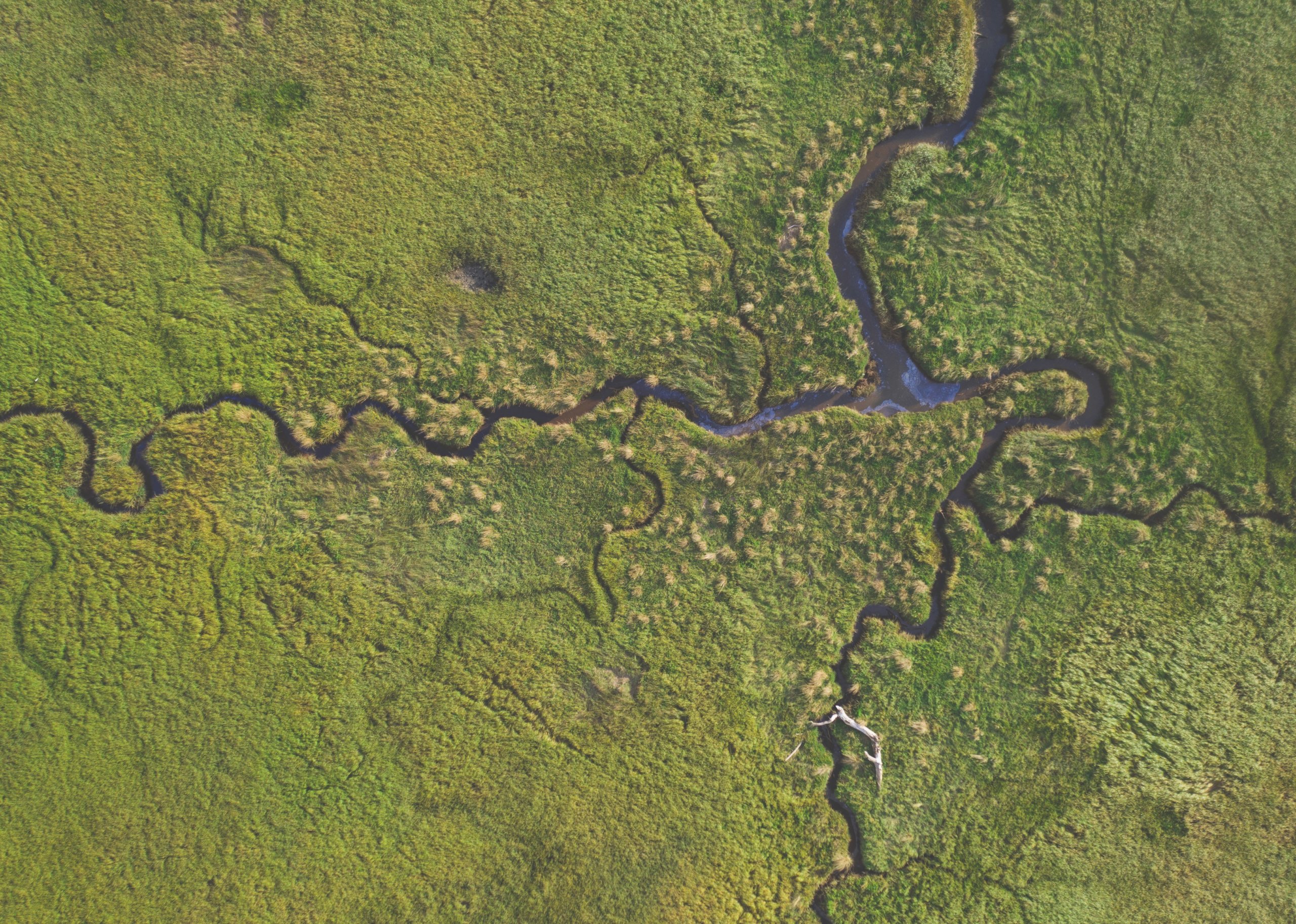One of the more infuriating comments I hear all too often about academic scientists is that they’re irrelevant. Floating about in lofty clouds of superfluous knowledge, they develop layer upon layer of jargon and complexity about something with tangential applicability (at best) to the real world.
Admittedly, that’s not exactly what I’ve heard, but that’s the gist. And, while this caricature may hold slivers of truth, it surely doesn’t describe most of the scientists I know. They are driven to make a difference in the world. They want their work not only to be cutting edge, but to also be relevant. Many scientists hold a deep-seated fear that no matter how much they desire to make a difference, their science just might not matter.
Recently, while giving a talk about the professional path I’ve carved outside of academia to women in science here at Oregon State, I was reminded of my own quest for relevance as a grad student. Writing a concluding paragraph in a manuscript to justify the real-world application of my PhD research just wasn’t cutting it for me.
In my role with COMPASS, my contribution to what matters is to focus squarely on the big picture, synthesizing ideas, seeding connections among scientists, and ultimately forging stronger connections between science and policy. This is my path to relevance. But it’s just one of many.
Scientists ARE engaging with the wider world in a surprising diversity of ways. Here are a few of the ways in which environmental sciences are particularly relevant to society:
• Illuminating what’s at stake. We often focus on the importance of knowing the larger context in which we’re communicating. But science also plays a crucial role in showing that larger context. Although what we want our future to look like is inherently a social question, scientists can show what’s possible and illuminate the true costs and benefits of our choices in ways that transcend any single person or community’s frame of reference. From the everyday decisions of individuals to those made by businesses or federal agencies, science can inform our decisions about tradeoffs, including those between now and later – the ultimate sustainability challenge.
• Serving as sentinels of change. Scientists play a crucial role in seeing changes in the world and uncovering how and why those changes are happening. This is the value of long-term data sets, data that span tens (if you’re an ecologist) to hundreds or hundreds of thousands of years (for my paleo friends). And scientists are not the only ones with this knowledge – healthy dialogues are happening in many contexts about how to more effectively integrate local and traditional ecological knowledge with western science.
• Connecting ecosystem change to human wellbeing. Scientists are pushing the boundaries of understanding the consequences of ecosystem changes for people. The interdisciplinary field of ecosystem services (sometimes misconstrued as being only about markets or assigning dollar values) is increasingly focused on the human side of the equation, addressing questions like: How do our policies inadvertently create winners and losers? How can ecosystem restoration provide the benefits people most value and foster social equity?
Science can shed light on things we do not or cannot pay attention to as we go about our daily lives. We often acknowledge that things might be too small for us to see—all scientists use microscopes, right? But, in many cases, the patterns and connections may actually be too big for us to see—happening at scales of space or time or at a level of complexity that’s beyond ordinary understanding.
Much has changed in the decade since I got my PhD. If I have my druthers, in another decade, we’ll no longer be bantering about the irrelevance of scientists. In the meantime, I want to hear from you – how is your science relevant to the real world?

